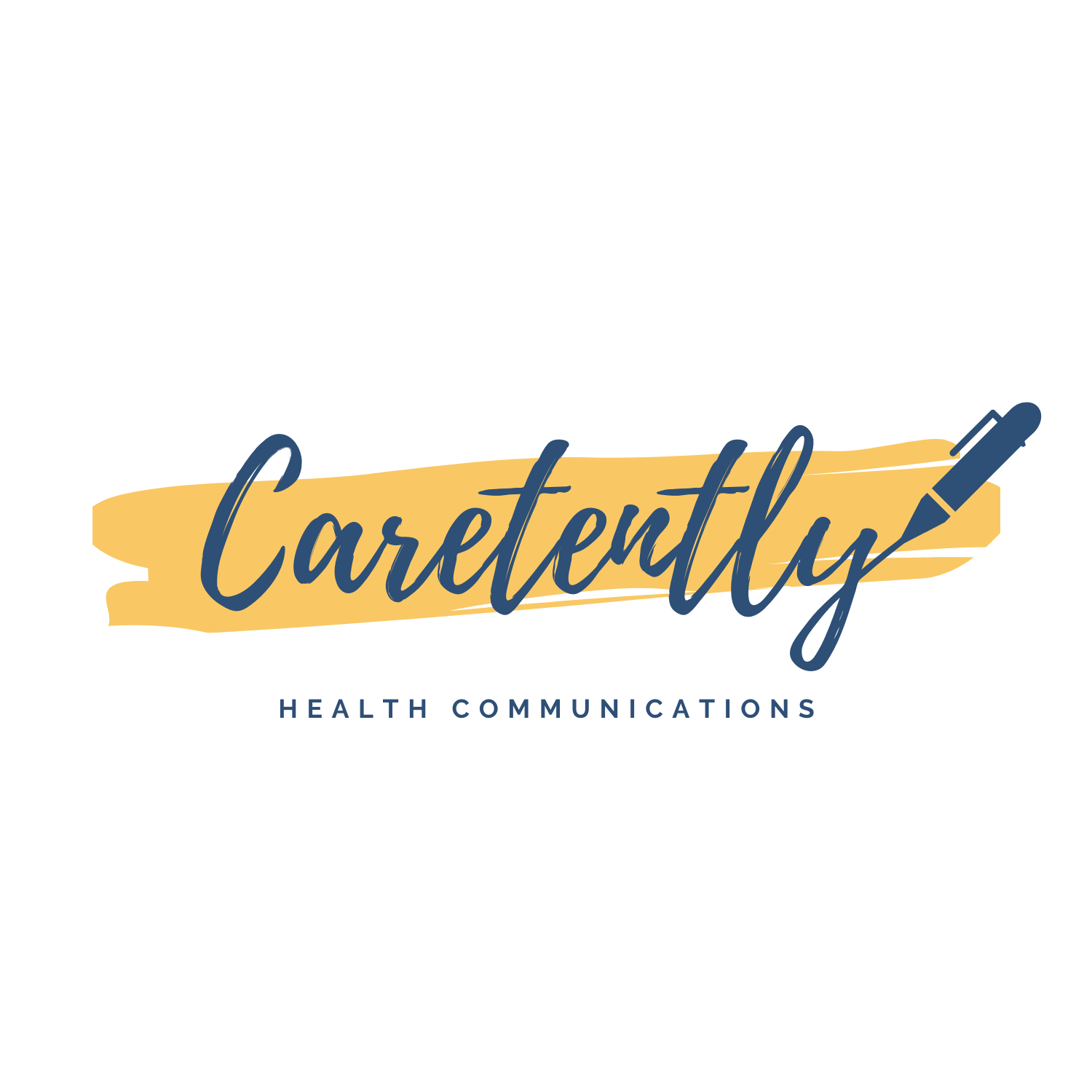There is always a surge of support for rare disease patient organizations, and the rare disease community in general, every Rare Disease Day. Unfortunately this enthusiasm seems to die down once the special day has passed. For rare disease patients however, every day is Rare Disease Day. Your constant support is therefore needed and can make a big difference. Here are four ways that you can support rare disease patient organizations every day of the year.
Listen and Learn
Find stories from patients in the rare disease community and learn more about the rare disease or rare diseases that interest you. Patients are often willing to bravely share their stories which usually include long diagnostic odysseys and numerous daily challenges. Understand what it means to have an invisible illness. Once you know more about a rare disease and its impact on a person’s life, you are more likely to share this information with others and help raise awareness for this disease: which is one of the main goals of rare disease patient organizations!
You may have a rare disease that you are already supporting, but if you do not have a rare disease that you want to focus on in particular, why not learn about various rare diseases through patient stories shared by Eurordis, Patient Worthy, Rare Revolution Magazine or other great online sources.
To learn more about a particular rare disease, I have shared my top 5 sources for reliable rare disease information in a previous article here.
Listen to and learn from rare disease patients: you will become a more understanding, educated and compassionate person in the process.
Donate your money or time
Most patient associations have limited (if any) funding and their staff are often volunteers (many of whom have a rare disease or are caring for a family member with a rare disease). This means that they are often full of ideas and motivation but short on both time and money.
If you can donate money or volunteer your time, you are helping them advance with their important projects by providing much needed additional resources.
Most patient organizations have a page (usually via their website) where you can donate money. Money allow them to continue their actions and/or it can be used to support important research studies which can lead to new discoveries and treatments. If you want to involve others in this activity in order to contribute even more, start a campaign, a Birthday fundraiser, or suggest a bake sale to raise money. Be creative!
Have any special skills and a little spare time? Contact the patient organization and see if they could use your help. They may need volunteers for special events or be happy to have someone help out on a regular basis.
Show up and sign up
They are many ways you can easily show up for a rare disease patient organization by participating in their actions, for example:
- Register and attend their webinars;
- Subscribe to their newsletter;
- Sign up and attend their events. Even better: bring your friends along too;
- Share their social media posts with your network to get more people interested and to raise awareness for the rare disease(s) they cover.
By supporting their actions you are supporting their cause!
Amplify their messages and advocate for policy change
Similar to points 1&3, but the more their messages and actions are amplified, the more people a rare disease patient organization will reach (e.g. people with the rare disease, policy makers and the general public) and the greater the impact they will have.
Take any chance you have to raise awareness for a rare disease. When you’re at a doctor’s appointment, mention the rare disease you learned about and see if the doctor is familiar with it. When your friends or coworkers asked you what you did over the weekend, mention that you read an interesting article written by a rare disease patient and offer to share it with them. Whatever opportunity you have to amplify the voice of the rare disease community is a good one.
Advocating for policy change is also an important way to support rare disease patient organizations. What is currently in place for rare disease patients in your country? Do you have a national rare disease plan? If not, see what national actions you can participate in by contacting a local patient organization, your national rare disease organization and then reaching out to your local representative/government official. You can also participate in global rare disease advocacy efforts. Following Rare Disease International and taking a look at their website to learn about their current actions is a good start.
Which one of these actions will you participate in? While they may not seem like much, every bit of help will mean the world to the rare disease patient organization(s) you choose to support. Remember that your support goes far beyond the rare disease community as new therapeutic discoveries and improved healthcare policies (that ensure equitable access to health and social care) benefit all of society.



